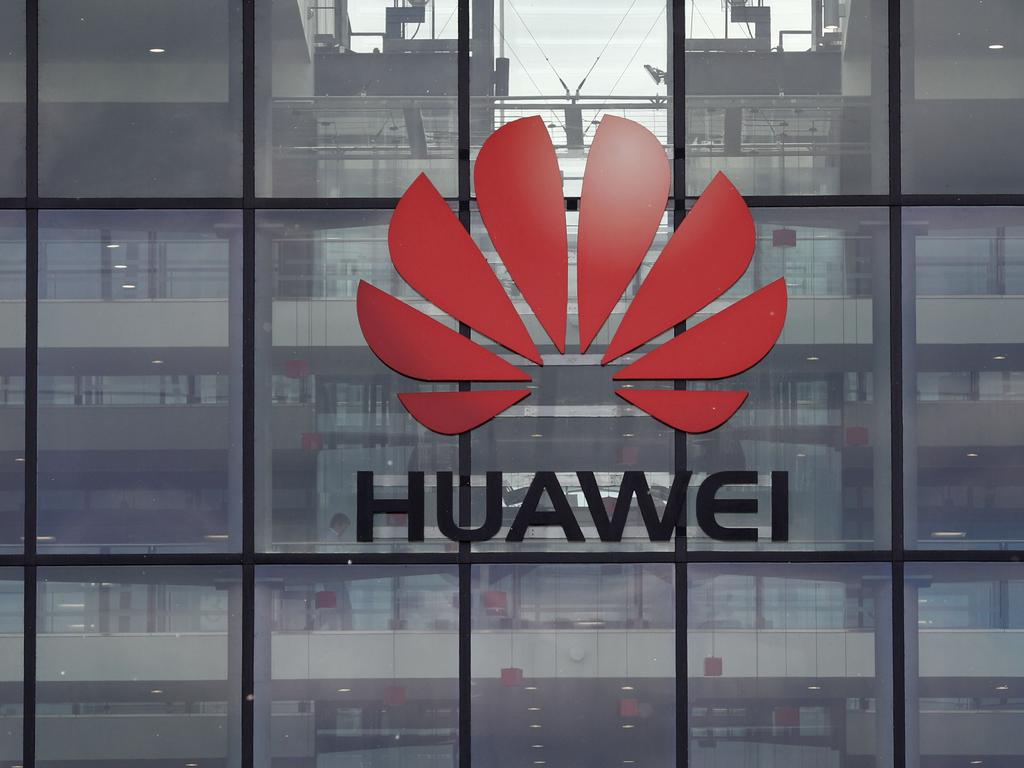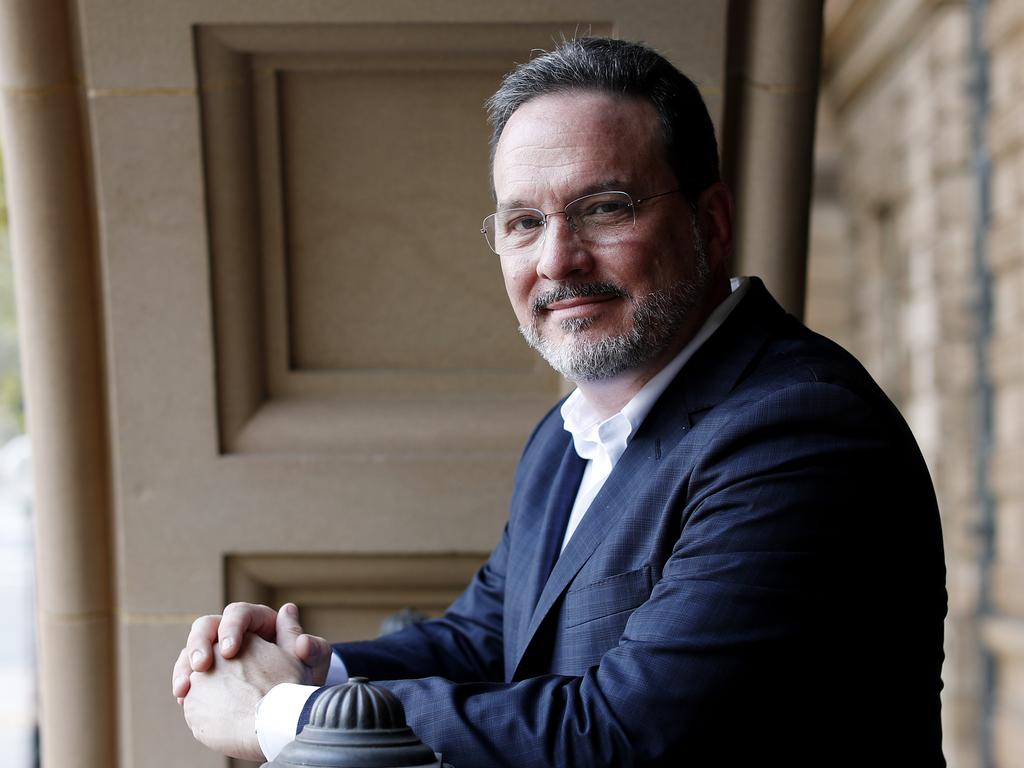Huawei linked to research grants totalling $262m
$262m in government grants over five years has been given to projects involving Chinese firms.

The Australian Research Council has handed out more than $262m in taxpayer-funded grants over the past five years to projects involving Chinese organisations, including four involving “high risk” telco Huawei.
They include grants for research with potential military applications including work on advanced materials and coatings, cryptography, quantum computing, next-generation radio technologies and machine learning.
The ARC revealed to the Senate’s education and employment committee it had made 230 grants for Australia-China research partnerships since 2014.
National security experts warned taxpayers could be supporting China — an authoritarian state and potential adversary — to develop technology that could one day be turned against Australia.
Australian Strategic Policy Institute executive director Peter Jennings said the volume of Chinese-linked projects being funded suggested “a shocking failure of due diligence”, given Chinese institutions were obliged to turn over all relevant research to the Chinese military.
“It really speaks to the appalling naivety of the Australian research community that they can do this, seemingly oblivious to the broader trends of what is happening in Chinese politics,” he said.
“Frankly, this needs to be investigated. There needs to be some sort of independent process to establish how much of our research capability has essentially been surrendered to Chinese interests in the name of scientific collaboration.”
Ross Babbage, a former head of strategic analysis at the Office of National Assessments, said some of the research being undertaken had clear military applications.
“Cryptography is pretty obviously of great interest to communications security, and advances in that area have big implications for Australian and allied countries’ own communications,” he said.
“Advanced coatings — that could include coatings for all sorts of purposes, from naval ships, to submarines, to aircraft and missiles.
“Quantum computing, again — this is potentially game-changing, and has the potential to undercut Western security.
“My sense on this is the ball has been dropped here and we don’t have an effective system in place at the moment for filtering these proposals.”
Chinese-linked projects received nearly 20 per cent of the funding pool for ARC research grants to Australian institutions with foreign partners.
The four grants involving Huawei were awarded prior to Malcolm Turnbull’s August 2018 decision to ban “high risk” vendors including the Chinese telco from participating in Australia’s 5G network.
They followed the Gillard government’s ban on Huawei supplying equipment to the National Broadband Network.
The ARC said it was yet to reject a grant proposal on the basis of a new national interest test introduced last year, which requires applicants to demonstrate how the research will benefit Australia.
Liberal senator Eric Abetz, who obtained the information through the committee process, said the provision of hundreds of millions of dollars to China was “deeply disturbing”, given the Chinese government’s “civil military fusion” policy.
“The Chinese government has broadcast it will use advanced technology to enhance its military capabilities, yet our institutions seem oblivious to this reality. The fact hundreds of millions of dollars of Australian taxpayers’ dollars are finding their way to Chinese institutions for purposes unknown needs to be investigated and stopped.
“Australians demand full transparency and nothing less.”
However, Labor senator Kim Carr — a former science and industry minister — attacked what he branded as alarmist commentary from “Cold War warriors”.
“The ARC is subject to the Defence Trade Controls Act, and there has been no breach of the DTCA since 2012 when the Act was introduced,” Senator Carr said.
He blasted what he said were “irresponsible claims denigrating the loyalty of Australian researchers” who were involved in projects with Chinese partners.
Education Minister Dan Tehan worked with universities last year to develop voluntary guidelines for researchers to help tackle foreign interference in the sector. They require universities to undertake due diligence of research partners, disclose their details, and provide details of all financial dealings with other countries.
Mr Tehan was unavailable for comment on Monday, but has previously said universities were responsible for their partnerships.
In 2018, the Department of Defence urged greater government powers to prevent research institutions from sharing sensitive technologies, and warned that the Defence Trade Controls Act was “not sufficient to protect Australia’s national interests”.
A review by former inspector-general of intelligence and security Vivienne Thom found that “in certain circumstances, the current legislation fails to provide a measure to restrict access to technology by foreign persons identified as having intentions hostile to Australia”.
However, Dr Thom rejected Defence’s push for new protections, amid warnings from universities the proposal could threaten their ability to fund research.
On Monday, The Australian revealed the CSIRO had entered into a research partnership with a top Chinese marine science institute that undertakes military-related research.






